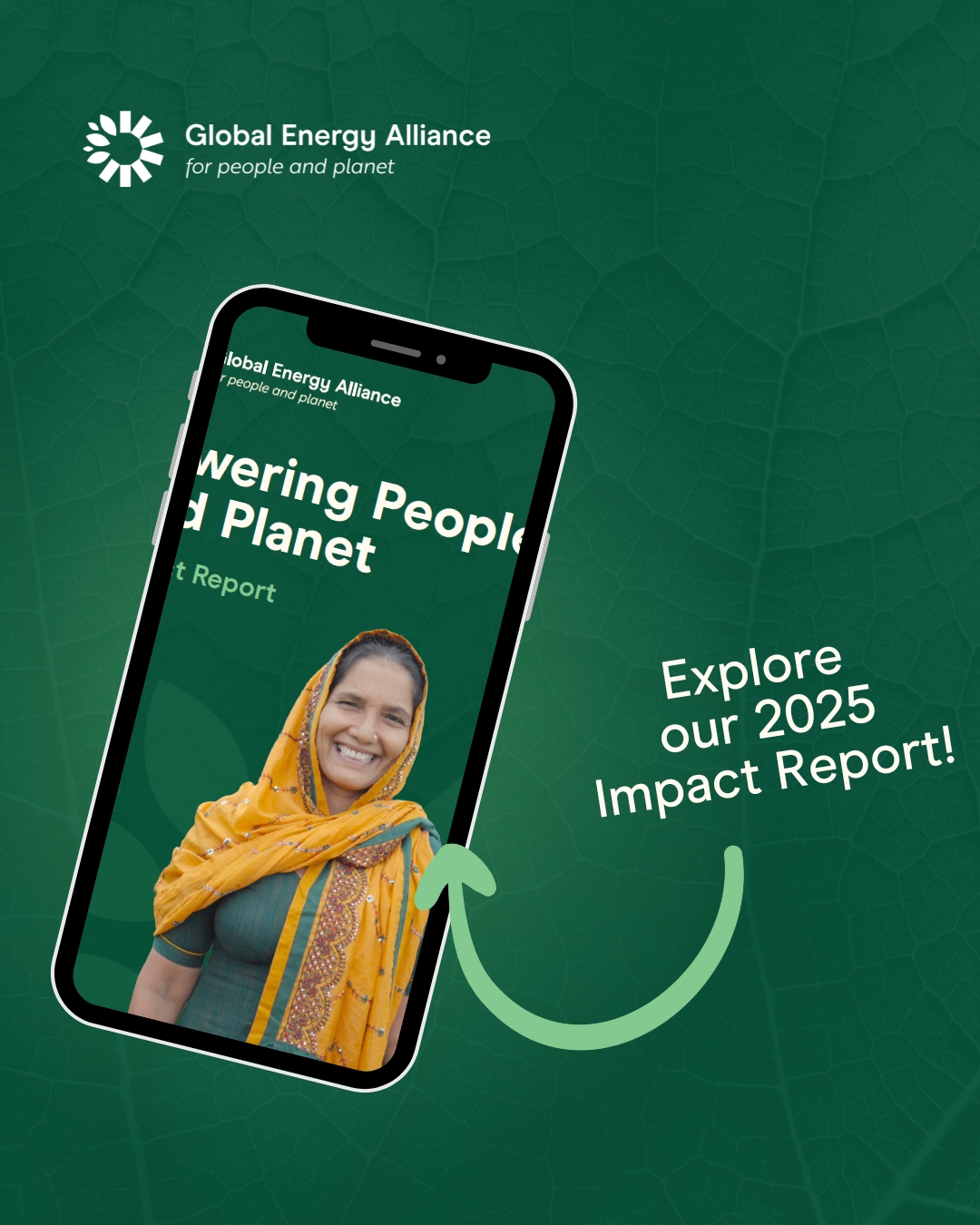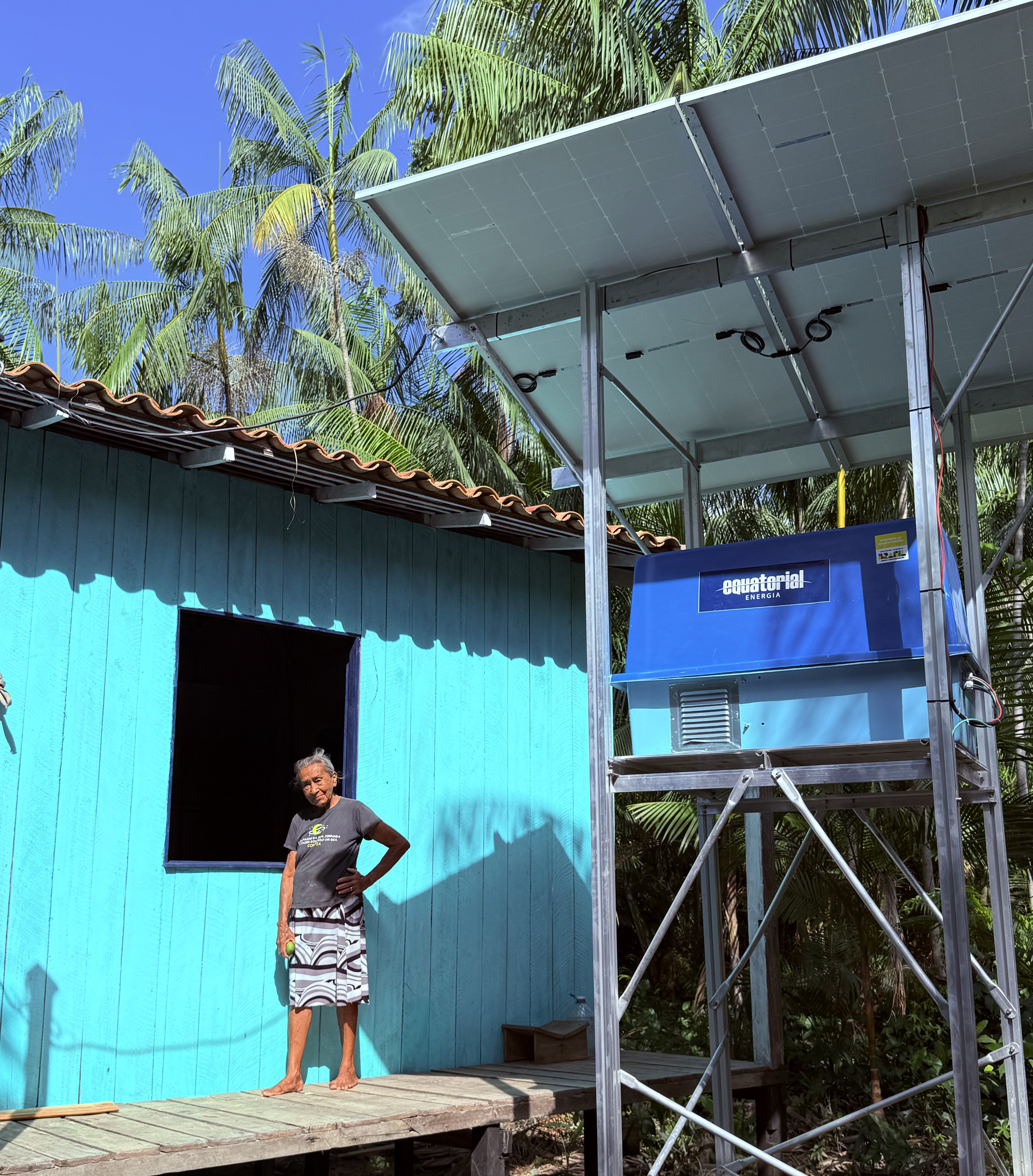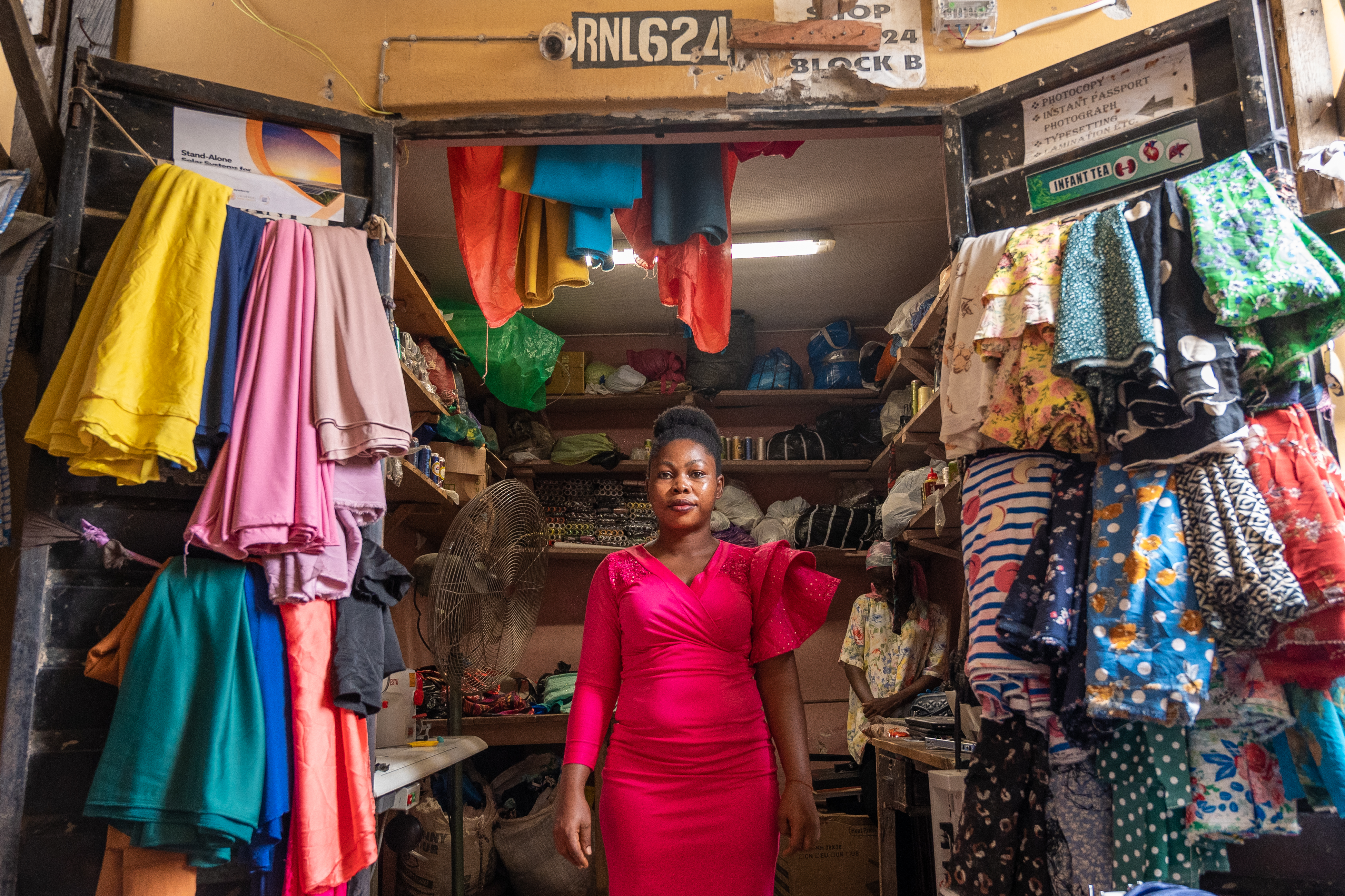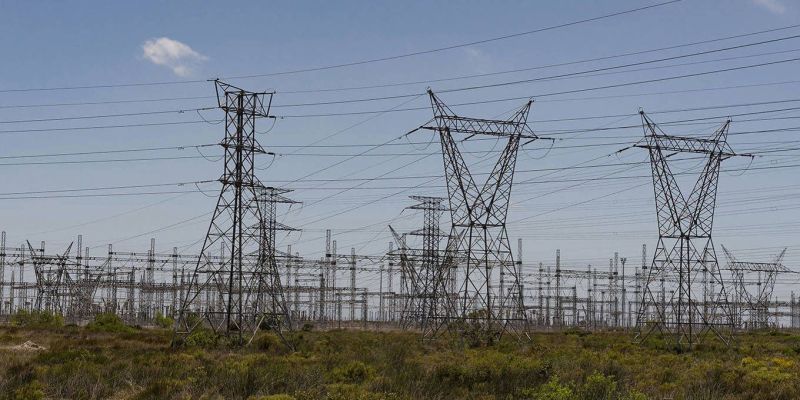Tariff Inequities Strain Brazil’s Poorest: New GEAPP & PSR Study Proposes Reforms for Fairer Electricity Costs

Editor’s note: This is also available in Portuguese.
Brasília | May 7, 2025 — High electricity tariffs disproportionately impact low-income consumers in Brazil, according to new study.
For Brazil’s poorest citizens, electricity bills can represent up to 18% of their monthly income and nearly a quarter (23%) of the cost of a basic food basket, the study found.
The findings are part of a technical note by PSR and the Global Energy Alliance for People and Planet (GEAPP) which lays out public policy recommendations to address tariff injustice in Brazil.
Pathways to Tariff Justice in the Brazilian Electricity Sector drew on data and interviews from across the sector to identify the main challenges and opportunities to ensure access to electricity at fair and equitable prices.
Thiago Barral, Brazil’s Secretary of the Energy Transition, said: “Energy justice is a priority for this administration of the Ministry of Mines and Energy and the federal government, and it is a core aspect of the review of the legal framework for the Brazilian power sector presented by Minister Alexandre Silveira this April. GEAPP’s and PSR’s inputs are invaluable as we seek to advance a just energy transition to affordable, reliable energy for everyone in Brazil.”
Among the proposed recommendations are greater transparency into how electricity bills are calculated, a revision of cross-subsidies, modernization of the tariff structure, and reform of the Social Electricity Tariff which provides bill discounts for low-income households. The note also highlighted the need to fortify the Brazilian electricity sector against the effects of climate change and proposed an approach to combating energy theft in Brazil, which costs the sector around R$10 billion a year.
“Tariff justice is important in any context, including the current energy transition.
Today, Brazilian electricity sector tariffs carry distortions that compromise the ability of millions of Brazilians to pay their electricity bills and also the competitiveness of the productive sector,” says Luiz Barroso, CEO of PSR. “Brazil needs to consolidate its development in this sector on sustainable and compatible bases, with competitive energy and ensuring its position of global leadership.”
The points addressed and the recommendations outlined in the technical note offer key inputs that are closely aligned with the extensive power sector reform recently announced by the Ministry of Mines and Energy, which seeks to modernize the electricity sector and make the tariff system more efficient, fair, and sustainable.
The announcement and the study lay the groundwork for Brazil’s leadership of the global energy transition agenda ahead of this year G20 summit in South Africa and COP30, which will be hosted in the Brazilian city of Belem in November.
“Ensuring affordable, reliable, and equitable access to electricity is fundamental to unlocking economic opportunity and advancing a just energy transition,” said Woochong Um, CEO of the Global Energy Alliance for People and Planet. “Any financial policies that disproportionately burden the poorest households hold back progress at precisely the moment when Brazil can lead by example on the global stage. At GEAPP, we are committed to working alongside our partners to drive reforms that deliver clean, affordable energy for all — and to help catalyze the systems change needed to power inclusive, sustainable growth.”
Pathways to Tariff Justice in the Brazilian Electricity Sector is available in Portuguese and English and can be accessed at the link: https://energyalliance.org/brazil/
About PSR
PSR, a global reference in consulting and the development of analytical solutions, operates in the energy sector in over 70 countries across the Americas, Europe, Asia-Pacific, and Africa. For more than three decades, the company has developed advanced methodologies and tools to support decision-making in energy markets and offers innovation-based solutions and consulting in various areas such as market intelligence, mechanism design, modeling, resource optimization, risk analysis, and strategic planning for the entire value chain of this industry, including investors, regulators, operators, banks, generators, transmitters, and consumers.
About GEAPP
The Global Energy Alliance for People and Planet (GEAPP) is an alliance of philanthropy, governments, technology, policy, and financing partners. Our common mission is to enable emerging and developed economies to shift to a clean energy, pro-growth model that accelerates universal energy access and inclusive economic growth while supporting the global community to meet critical climate goals during the next decade. As an Alliance, we aim to reduce 4 gigatons of future carbon emissions, expand clean energy access to one billion people, and enable 150 million new jobs. With philanthropic partners the IKEA Foundation, The Rockefeller Foundation and Bezos Earth Fund, GEAPP works to build the enabling environment, capacity, and market conditions for private sector solutions, catalyze new business models through innovation and entrepreneurship, and deploy high-risk capital to encourage private sector solutions and assist just transition solutions. For more information, please visit www.energyalliance.org and follow us on X/Twitter at @EnergyAlliance.
Media Contact: Eric Gay | media@energyalliance.org



